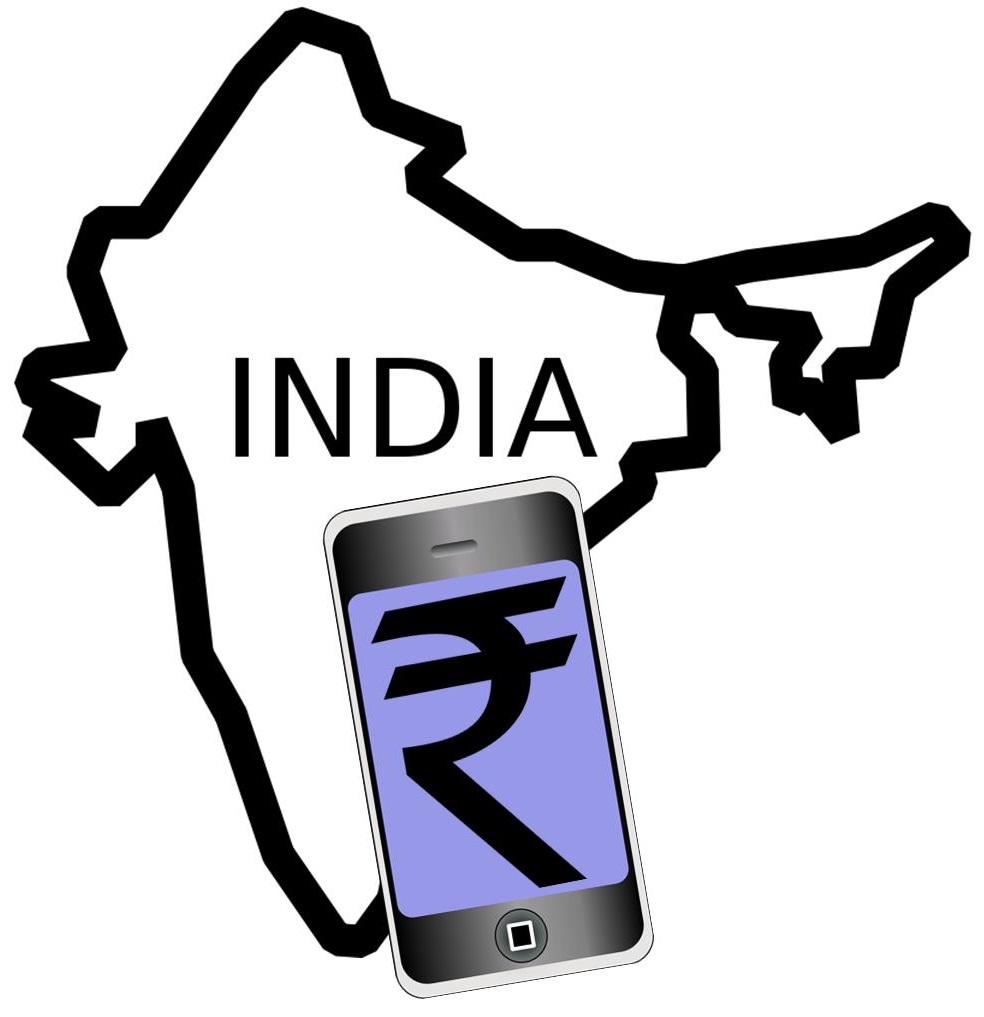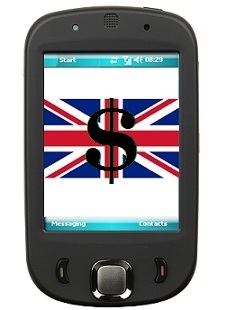This new smartphone payments service has been made available to device users in India.
Idea Cellular has recently announced the launch of its new mobile wallet service, called Idea Money, that is designed to give consumers the ability to complete certain payment transactions, such as recharging their prepaid mobile accounts.
It is also designed to allow utility bell payments DTH recharges, and make online money transfers.
This service was first launched in July in Mumbai and it will be rolled out throughout India through a number of phases, said a source from the company. That said, that individual declined to share the availability timeline for the availability of the mobile wallet across the country. This is far from the only service of this nature that is available within the Indian market. Vodafone, Tata Teleservices, Bharti Airtel, and other mobile operators are already providing mobile payments options to their customers.
The Idea Money website describes the mobile wallet as a semi-closed prepaid payment service.
 That website explained that the service is being offered by Idea Mobile Commerce Services Limited (IMCSL), which obtained its license to provide it through the Reserve Bank of India. Idea stated that “Simply put, it is a prepaid account which can be accessed using your mobile phone or the Internet for conducting a variety of transactions like prepaid mobile recharges, DTH recharges, utility bill payments, money transfers & more.”
That website explained that the service is being offered by Idea Mobile Commerce Services Limited (IMCSL), which obtained its license to provide it through the Reserve Bank of India. Idea stated that “Simply put, it is a prepaid account which can be accessed using your mobile phone or the Internet for conducting a variety of transactions like prepaid mobile recharges, DTH recharges, utility bill payments, money transfers & more.”
At the moment, the number of uses for these mobile payments is limited to certain bills on top of money transfers. It can recharge prepaid mobile services, recharge DTH, pay off utility bills, and send money to specific accounts. Though this does provide consumers with a convenient opportunity to use their smartphones and tablets to make payments, the company is hopeful that the uses will soon be able to broaden.
At the same time that it is focused on rolling out this mobile wallet across the remainder of India, it is also looking into additional uses for the service. This includes the introduction of mobile payments for shopping at stores and restaurants, for example, as well as uses for ticketing transactions. This could help to boost the appeal of the service among consumers who are using their smartphones for a growing number of daily activities.

 The British authority will enable smartphone and tablet funds transfers among all bank accounts.
The British authority will enable smartphone and tablet funds transfers among all bank accounts.